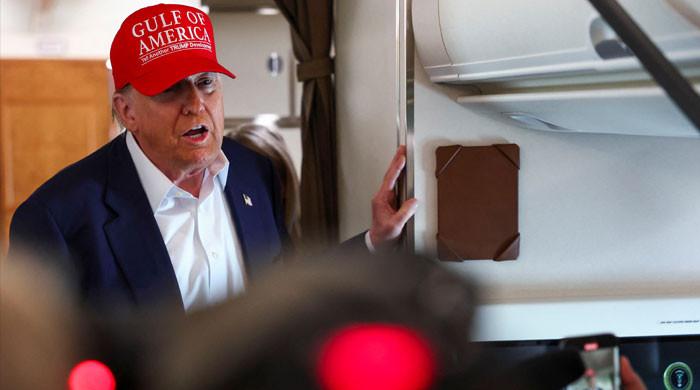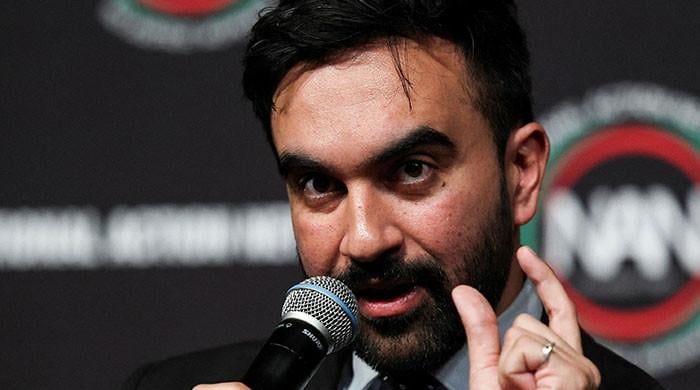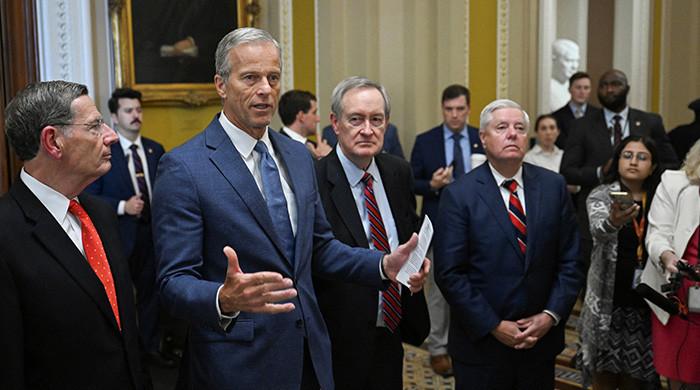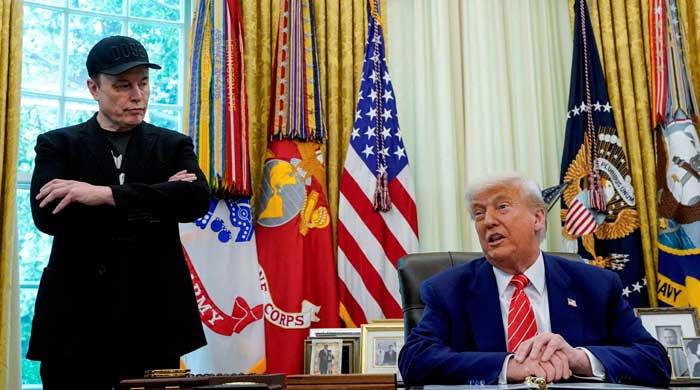Donald Trump has coronavirus at 74. What risks are there?
Is the US president more susceptible to severe coronavirus symptoms owing to certain factors?
October 03, 2020
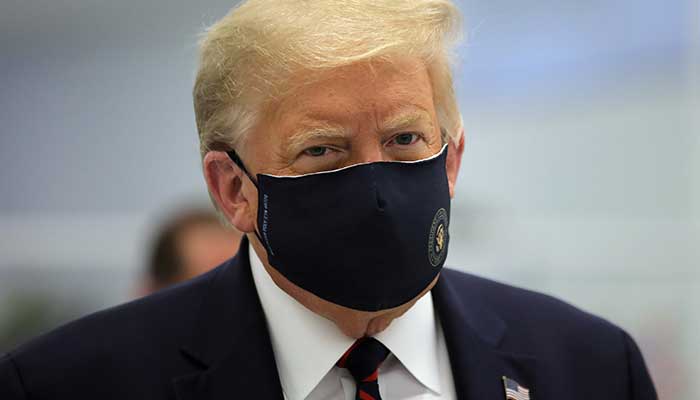
US President Donald Trump has tested positive for coronavirus with the world in frenzy over what this could mean for the country's upcoming presidential elections.
A more pressing concern, however, is what the diagnosis could mean for his health. Is he susceptible to severe coronavirus symptoms owing to certain factors?
The answer, in short, is yes.
For Trump, his age — he is 74 — automatically places him in a high-risk group. Additionally, his weight poses a threat. According to CNN, the US president is “clinically obese” and obesity has been cited by health experts as a risk factor for a more severe form of the illness.
The US Centers for Disease Control and Prevention says that people aged between 65 and 74 are five times as likely to be hospitalized and are 90 times as likely to die from the disease compared to people aged 18-29.
Read more: Trump, Melania test positive for coronavirus
CNN, citing results from a physical exam in April, said that Trump weighs 244 pounds and stands 6 feet and 3 inches tall. This makes his Body Mass Index (BMI) 30.5, which, for that height and weight, makes him mildly obese.
Obesity in a patients means they are thrice as likely to be hospitalised if they have COVID-19, according to the CDC.
Furthermore, the US president is male and studies show that risk of death or severe symptoms of coronavirus are higher in men than women.
Whether Trump has any underlying health conditions, is unknown.
What the experts are saying
"The risk of serious disease and death depends on many factors — some unmeasurable, so there is always uncertainty — and it is not so simple as to make inferences from one or two alone," said Naveed Sattar, professor of metabolic medicine at the University of Glasgow.
He said that the risks may be "offset" by other factors, including if Trump has no chronic conditions and is reasonably active, noting the US leader's love of golf.
Michael Head, senior research fellow in global health at the University of Southampton, said Trump would be classified as "vulnerable".
"Many people in their 70s will also have further co-morbidities that increase the risks of a more severe illness," he added.
Coronavirus infection can begin on a slow burn, often taking several days before symptoms appear.
"Most studies suggest that those with symptomatic COVID-19 infections could remain outside hospital during the first 5-7 days of the illness but thereafter it may become more serious requiring hospitalisation — or they start to recover by themselves," said Julian Tang, Honorary Associate Professor at the University of Leicester.
Trump was moved to the Walter Reed National Military Medical Centre within 24 hours since he was diagnosed of coronavirus. A Trump adviser disclosed to CNN, on the condition of anonymity, that there “is reason for concern about Trump’s health". It also reported that the adviser had shared that Trump was having difficulty in breathing and was very tired and very fatigued.
The associate professor said it was "not so surprising" that Trump had caught the virus, given the large number of contacts he would have as part of his everyday duties.
Trump has also been reluctant to endorse protective measures.
He first appeared in public in a mask in July, but was since rarely been seen wearing one.
"That Donald Trump became infected was not an inevitability, but is consistent with him being a high risk candidate for infection," said Rowland Kao, professor of veterinary epidemiology and data science at the University of Edinburgh.
He said this was both because of the "his apparent attitudes towards personal protective measures" such as maintaining physical distance and face masks, as well as his large number of contacts.





